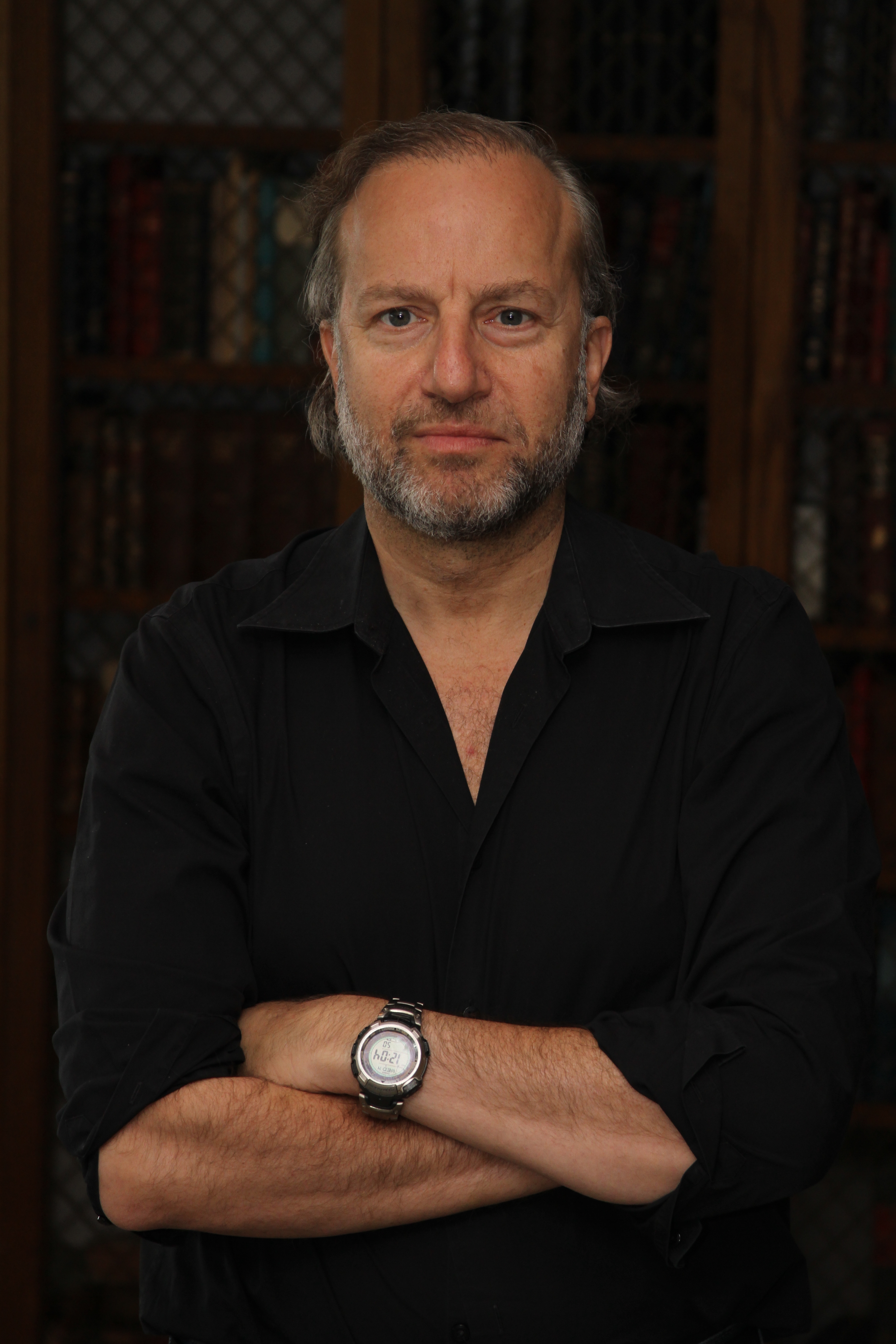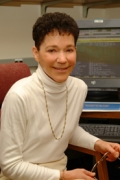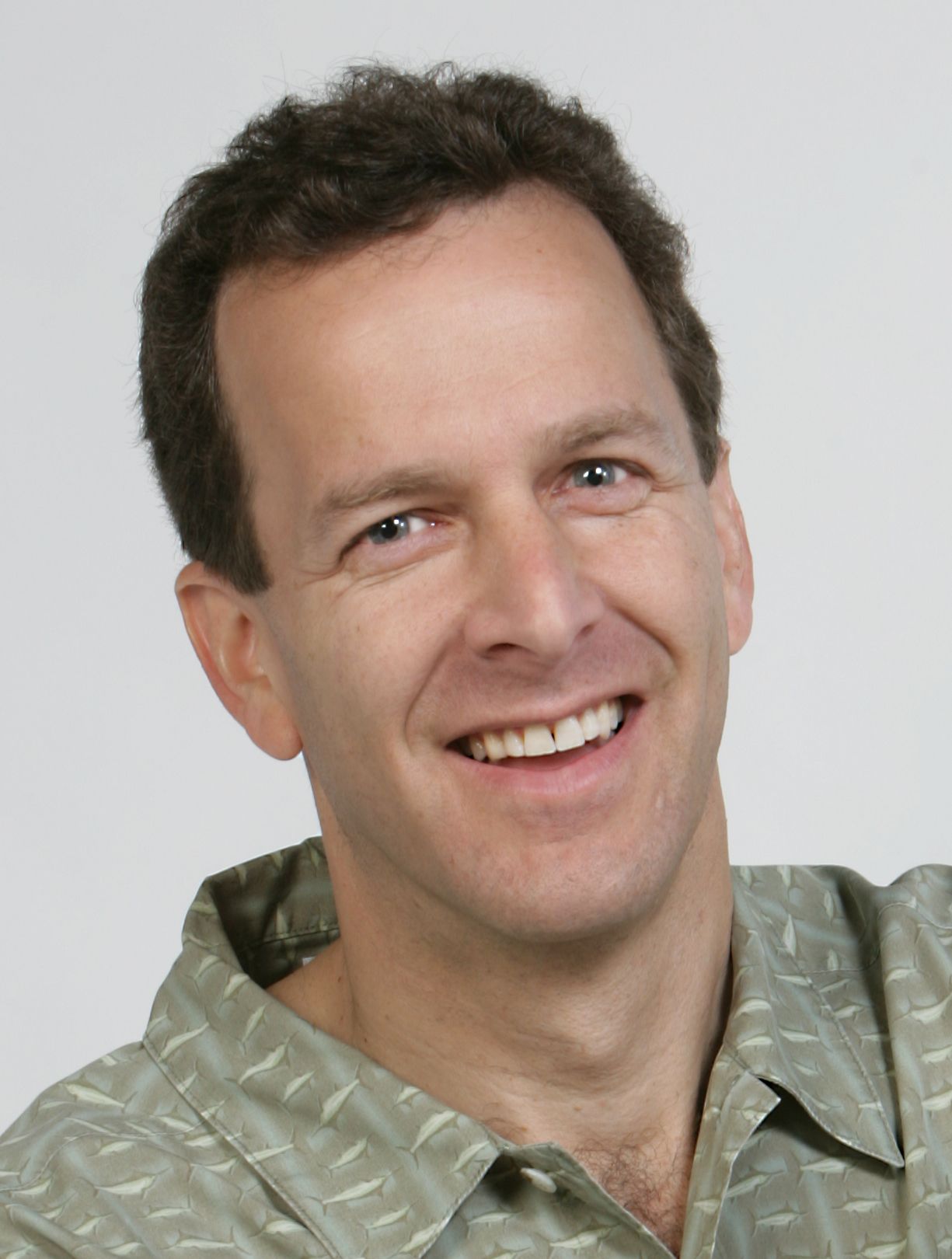
Isaac Kohane, MD, Ph.D.
Lawrence J.Henderson Professor of Pediatrics and Health Sciences and Technology
Chair, Informatics Program, Children's Hospital
Isaac Kohane is the director of the Children's Hospital Informatics Program and is the Henderson Professor of Pediatrics and Health Sciences and Technology at Harvard Medical School (HMS). He is also co-director of the HMS Center for Biomedical Informatics and Director of the HMS Countway Library of Medicine. Dr. Kohane leads multiple collaborations at Harvard Medical School and its hospital affiliates in the use of genomics and computer science to study cancer and the development of the brain (with emphasis on autism). He has developed several computer systems to allow multiple hospital systems to be used as "living laboratories" to study the genetic basis of disease while preserving patient privacy. He holds a B.S. from Brown University and both an M.D. and a computer science Ph.D. from Boston University. Dr. Kohane's current research builds on his doctoral work on decision-support and subsequent research in machine-learning applied to biomedicine. Dr. Kohane has led the development of cryptographic health identification systems, automated personal health records and peer-to-peer pathology information networks. Dr. Kohane currently leads several NIH-funded efforts to translate genomic research into clinical practice and continues his own practice in pediatric endocrinology at Children's Hospital Boston.

Ruth Nussinov, Ph.D.
Head, Computational Structural Biology Group, National Cancer Institute
Professor, Human Genetics, Tel Aviv University
Dr. Ruth Nussinov is a Professor in the Department of Human Genetics at Tel Aviv University, and a Senior Principal Scientist and Principal Investigator at the National Cancer Institute. She received her B. Sc degree in Microbiology from the University of Washington and her Ph.D. in Biochemistry from Rutgers University. She joined the Medical School at Tel Aviv University in 1985. Her association with the NIH started in 1983, first with the NICHHD and since 1985 with the NCI. Dr. Nussinov is known for her seminal work developing dynamic programming methods for RNA secondary structure prediction and computational approaches to DNA sequence analysis. Currently her research focuses on computational studies of protein folding, binding and protein function. Dr. Nussinov serves as the Editor-in-Chief of PLoS Computational Biology and on the editorial boards of the Journal of Biological Chemistry, BMC Bioinformatics, and several other journals. In 2011, Dr. Nussinov received the Biophysical Society Fellow Award "for her extraordinary contributions to advances in computational biology on both nucleic acids and proteins."

Steven Salzberg, Ph.D.
Professor, Departments of Medicine, Biostatistics, and Computer Science
Director, Center for Computational Biology
Johns Hopkins University School of Medicine
Steven Salzberg has been a prominent scientist in the field of bioinformatics and computational biology since the 1990s. He received his B.A. and M.S. degrees from Yale, and his Ph.D. in computer science from Harvard. He has made many contributions to gene finding algorithms, notably the GLIMMER program for bacterial gene finding as well as several related programs for finding genes in animals, plants, and other organisms. He has also been a leader in genome assembly research and is one of the initiators of the open source AMOS project. He was a participant in the human genome project as well as many other genome projects, including the malaria genome (Plasmodium falciparum) and the genome of the model plant Arabidopsis thaliana. Dr. Salzberg was a co-founder (with David Lipman) of the Influenza Genome Sequencing Project, a project to sequence and make available the genomes of thousands of influenza virus isolates. After the advent of next-generation sequencing in the mid-2000s, Salzberg and his group developed the "Tuxedo" suite (Bowtie, TopHat, and Cufflinks) of highly efficient, accurate programs for alignment of these sequences to large genomes.